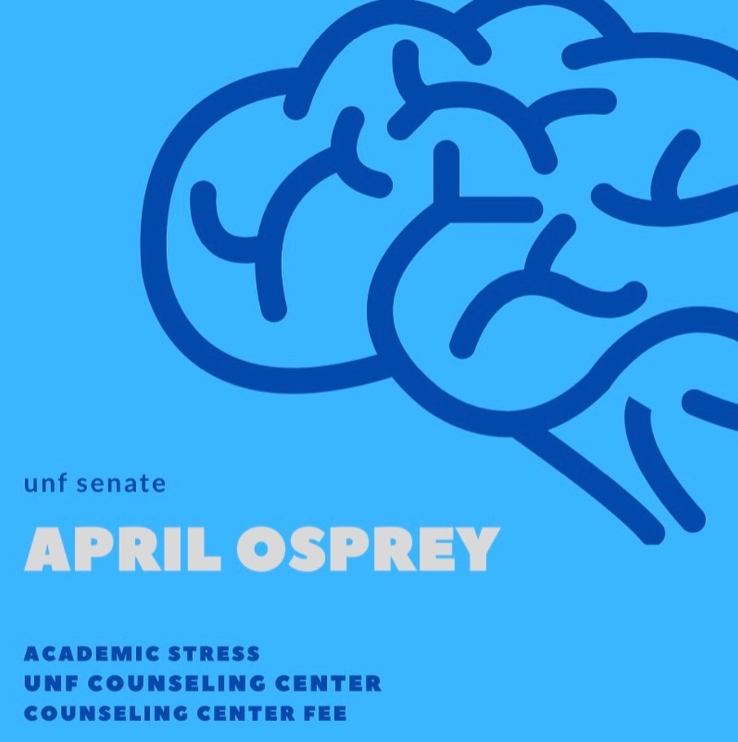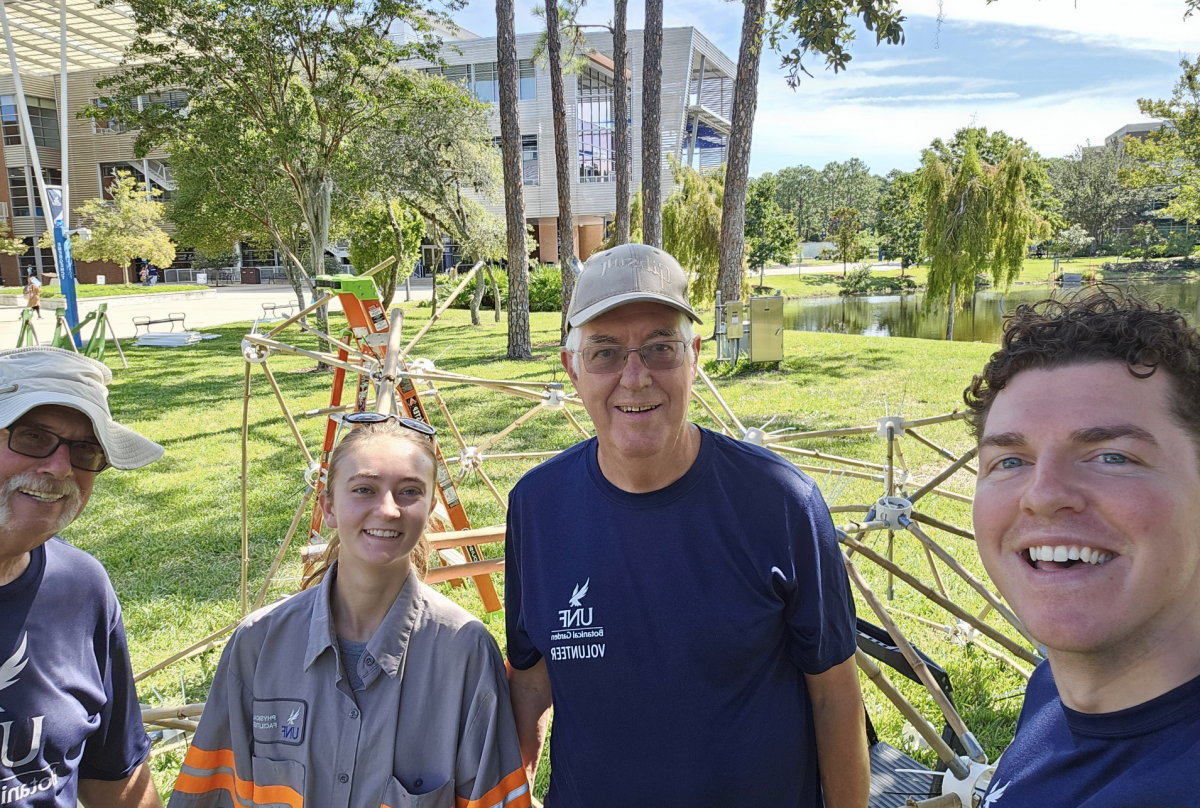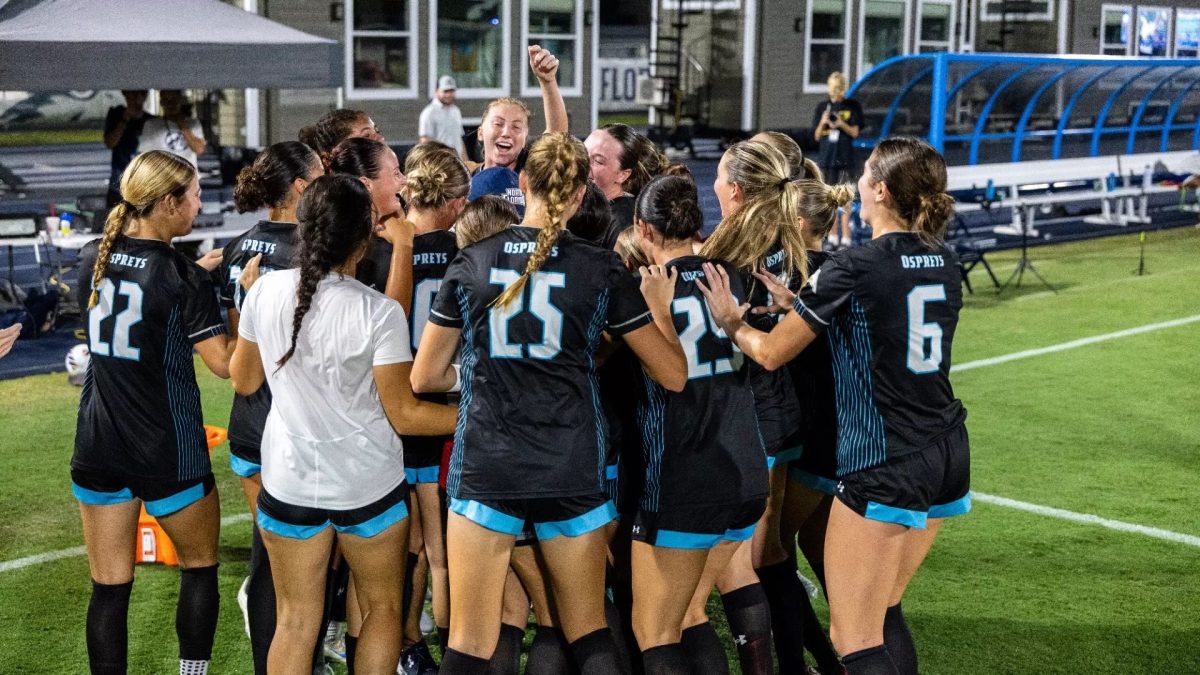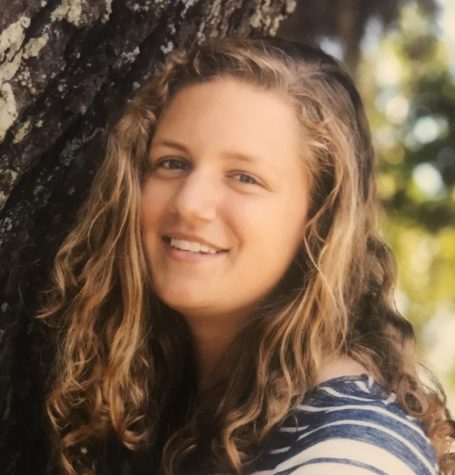Months after the option to relocate funds toward the Counseling Center was denied, Student Government (SG) looks to understand how students feel. The April Osprey Voice survey asks students about their mental health, the center’s current state and student fees.
SG Senate Pro-Tempore AJ Likosar explained the survey is important to gain statistically significant and unbiased results. The results will be shared with the Counseling Center to see how they can improve and will help SG members at the next Student Fee Assessment Committee meeting.
The survey will help SG gather the proper data to then support legislation that will assist the Counseling Center. According to Likosar, there have been Osprey Voice surveys on this topic before, but this survey is especially important to SG after the outcome of the most recent assessment of student fees.

At the end of the Fall 2021 semester, the Student Fee Assessment Committee met to create a student fee proposal. The committee went through all of the fees, deciding if they should remain the same or be adjusted. In the meeting, Likosar heavily advocated for an increase to the Counseling Center fees. The committee, although hesitant, decided to propose increasing the Counseling Center fee by $0.05 per credit hour, taking this money from the Athletics fee since it is the largest. In January, Interim President Pam Challey rejected the proposal, leaving the committee to keep fees the same.
Due to the center’s situation, Likosar says that SG wants the opinions of students.
“If we told [students] in a little more explicit terms, would they want to allocate from specific fees? Are they happy with the service the Counseling Center provides?”
In their proposal, the Counseling Center approached the committee seeking a $0.43 per credit hour increase in fees in fear of losing accreditation and not being able to help students. Accreditation is essential for the Counseling Center to legally provide therapy. The Counseling Center is currently in debt and understaffed, making it a challenge to meet with all students seeking help.
The April Osprey Voice begins with the usual key demographic questions. The survey asks if the respondent is a student, their year at UNF, if they live on campus, gender and racial or ethnic identity. This helps SG see where the anonymous responses are coming from in order to better analyze the data.
The next question asks students if academics have improved or worsened their mental health. The survey then asks if the student has “ever sought therapeutic or other treatments.” After this, the respondent can check all that apply for barriers that they may face when seeking mental health services including cost, availability, quality of treatment and more.
Moving into questions about the Counseling Center, students are asked if they have received counseling services. The question also provides an answer for students who may be unaware of UNF’s Counseling Center. Last in the section, there is a free response where students can share their opinions on the quality of the Counseling Center’s services.
The survey asks students if they believe the Counseling Center should receive more funding to “mitigate currently faced issues such as personal dissatisfaction, service availability issues, current budget deficit, and/or loss of accreditation.”
The final two questions ask students if they believe funding should be reallocated from other fees to help the Counseling Center instead.
These fees include:
- Athletic Fee, $19.53
- Activity and Service Fee, $10.18
- Capital Improvement Fee, $6.76
- Financial Aid Fee, $5.25, ($28.11 for out of state)
- Student Life and Services Fee, $5.25
- Technology Fee, $5.25
- Student Union Fee, $4.24
- Transportation Access Fee, $4.08
- Wellness Center Fee, $2.94
- Health Fee, $2.60
- Health Promotion Fee, $.54
- Medical Compliance Fee, $.39
When tabling on campus, SG provides students with explanations of each fee to clear up any confusion. Most of the fees are straightforward in their uses, but not all have student awareness. For example, the Capital Improvement Fee is used for the renovation and construction of classrooms and facilities.
Participate in the survey here.
___
For more information or news tips, or if you see an error in this story or have any compliments or concerns, contact editor@unfspinnaker.com.
















